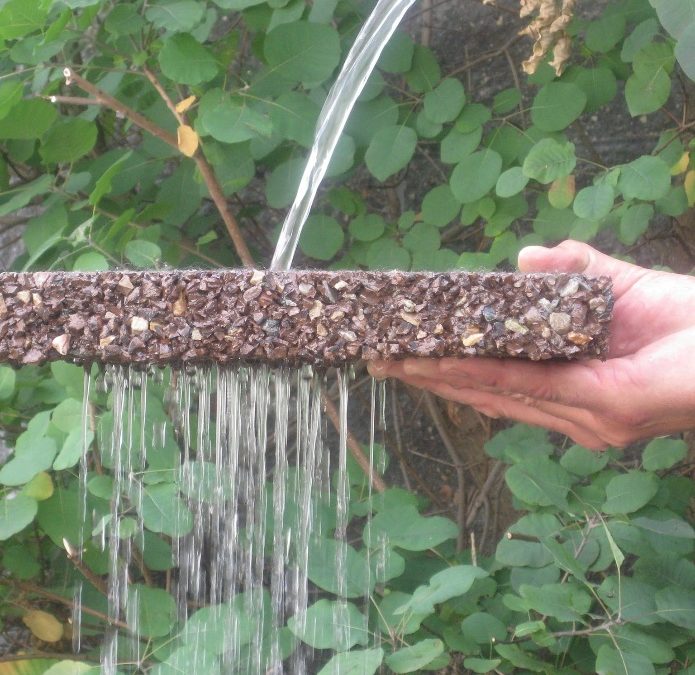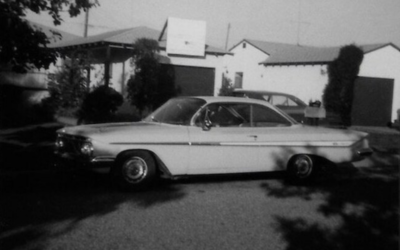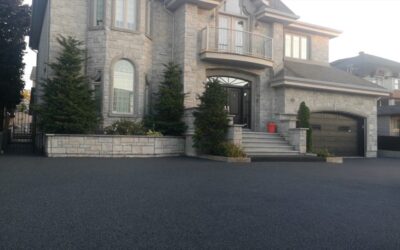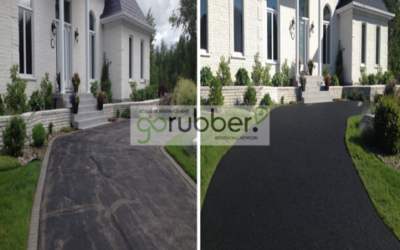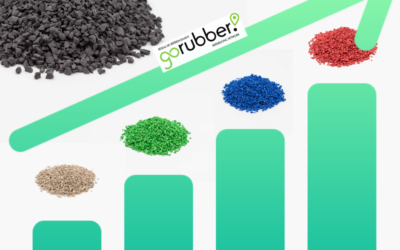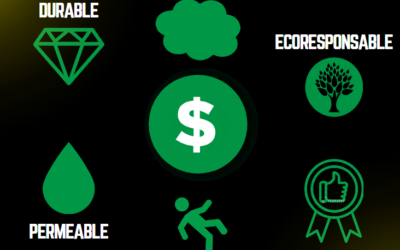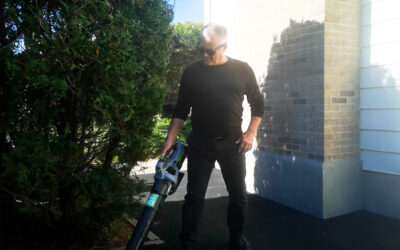THE IMPORTANCE OF PERMEABLE DRIVEWAY: A COMPLETE GUIDE TO RUBBER COATING.
Introduction
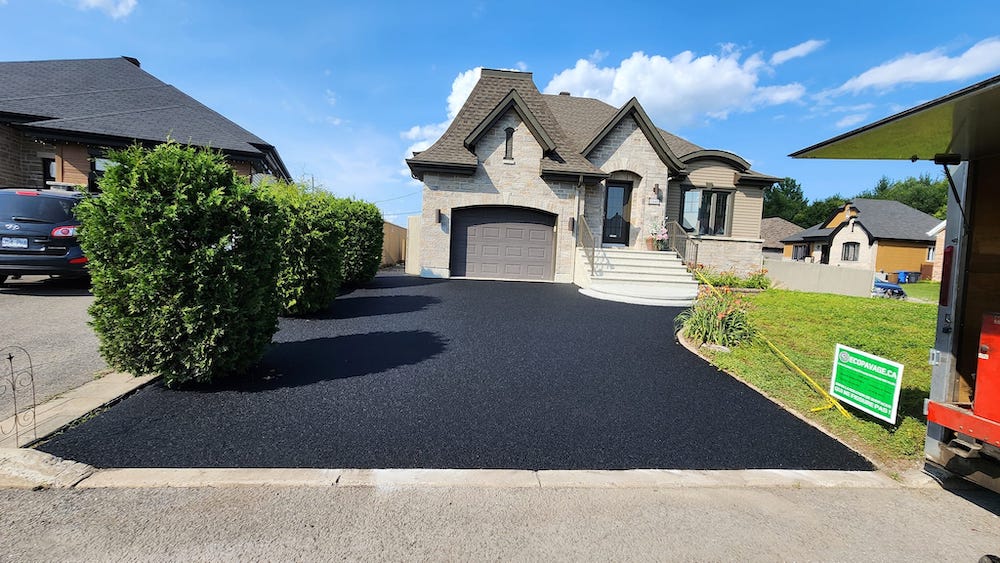
The Consequences of Impermeable Driveways:
The impermeability of the ground prevents water from infiltrating the soil during rainfall, causing water to accumulate on the driveway surface and leading to runoff. This runoff disrupts the natural water cycle, as instead of rainwater reaching retention basins, it flows toward sewer systems or surrounding land. This can cause flooding (due to sewer overflow) and damage to surrounding land (destruction of flora and fauna).

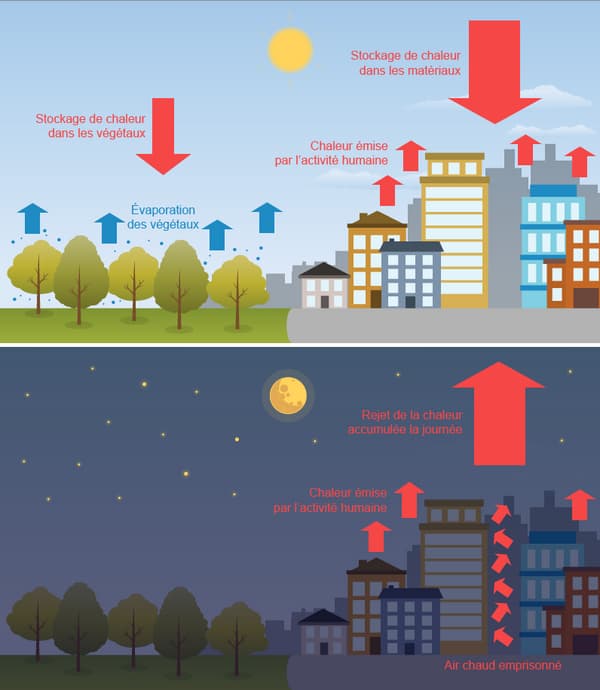
Why You Need Permeable Driveways:
Additionally, permeable driveways promote biodiversity by creating habitats for various plants and organisms. Impermeable surfaces destroy soil ecosystems by limiting natural water infiltration and trapping heat in the soil, reducing biodiversity by limiting available habitats for plants and animals. Traditional impermeable surfaces, such as asphalt or concrete, create barriers to natural infiltration and disrupt the water cycle. In contrast, permeable surfaces allow water to penetrate the soil, nourishing vegetation and supporting wildlife.
Moreover, impermeable surfaces contribute to the urban island heat effect, where cities become significantly hotter than surrounding rural areas due to heat absorption and retention by buildings and paved surfaces. Permeable driveways mitigate this effect by reducing surface temperatures through evapotranspiration and natural cooling processes.
Why Cities and Municipalities are Implementing Regulations
The transition to permeable surfaces aligns with broader sustainability goals aimed at reducing carbon emissions, mitigating flood risks, and preserving natural ecosystems. By implementing regulations that prioritize permeability, cities can enhance their resilience to climate change while promoting greener, more livable communities.
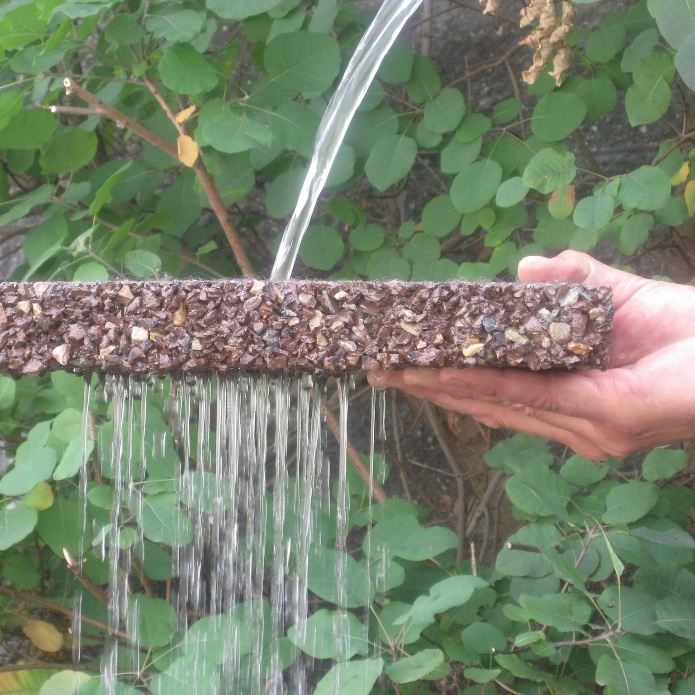
How Rubber Paving Solves the Problem
Rubber Paving is available in different colors, some of which are light enough to help counter heat islands. Besides the color of the paving, Rubber Paving does not store as much heat as traditional paving, naturally reducing the risks of urban heat island formation. This will reduce the ambient heat around your home or installation.
Other Advantages of Rubber Paving
The Rubber Paving also offers increased safety, as its textured surface provides better grip in wet conditions, reducing the risk of slips and falls. Furthermore, it can help reduce noise pollution by absorbing sound vibrations, creating a quieter and more peaceful environment for homeowners.
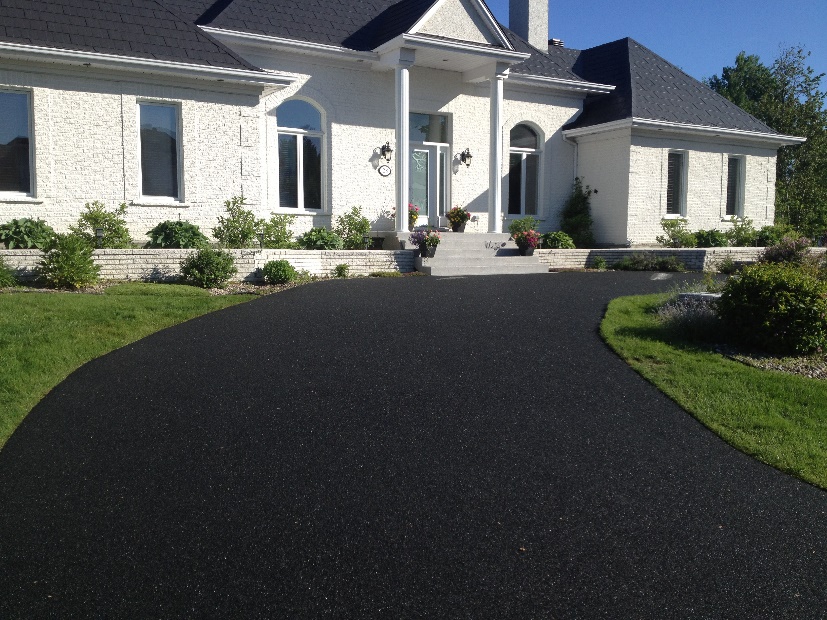
Conclusion
Discover the new trendy platform to find a Rubber paving installer near you!
Any more questions?
We invite you to read our other Blogs to learn more about poured-in-place rubber installs.

